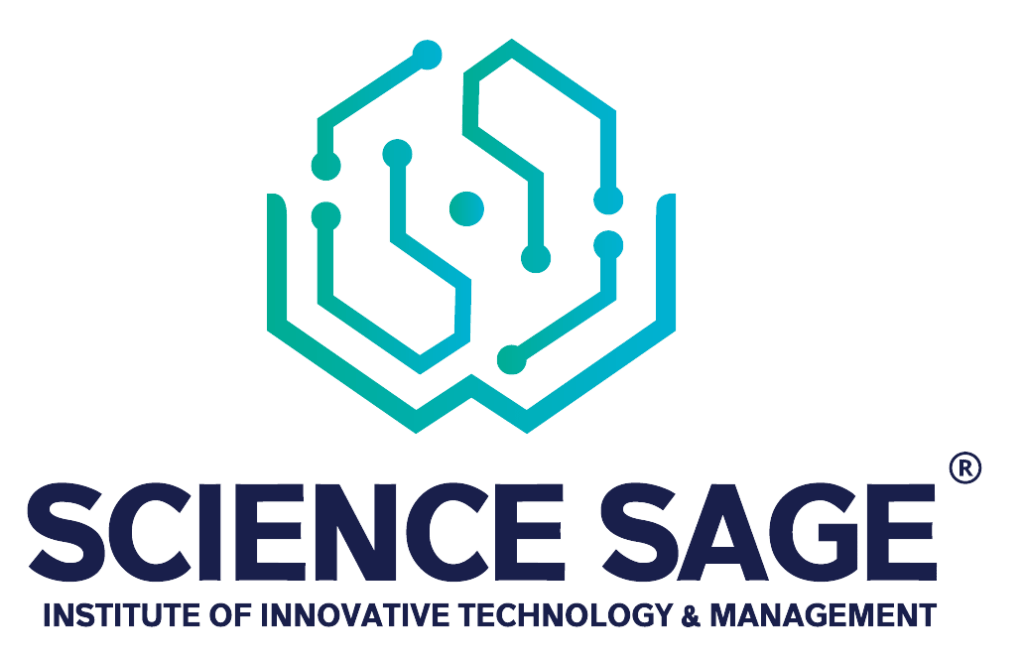Harnessing the Power of AI: Transforming Higher Education for the Digital Age
In an era defined by rapid technological advancements, universities are increasingly turning to artificial intelligence (AI) solutions to revolutionize the student learning experience. From personalized learning platforms to predictive analytics and virtual tutors, AI is reshaping the way students engage with course material, receive support, and achieve academic success. In this blog, we explore how universities are harnessing the power of AI to enhance the student learning experience and prepare graduates for the challenges of the 21st century.
Personalized Learning Paths
One of the most significant advantages of AI in education is its ability to personalize learning experiences for individual students. By analyzing vast amounts of data on students’ learning preferences, performance, and behavior, AI algorithms can generate tailored learning paths and recommendations. For example, adaptive learning platforms use AI to adjust the difficulty level and content of course materials based on students’ proficiency levels and learning pace, ensuring that each student receives targeted support and challenges.
Virtual Tutors and Learning Assistants
AI-powered virtual tutors and learning assistants are revolutionizing the way students receive academic support outside the classroom. These intelligent bots can answer students’ questions in real-time, provide personalized feedback on assignments, and offer additional resources to supplement course material. By leveraging natural language processing (NLP) and machine learning algorithms, virtual tutors can simulate human-like interactions, fostering a more engaging and interactive learning environment for students.
Predictive Analytics for Student Success
Predictive analytics tools utilize AI algorithms to identify patterns and trends in student data, enabling universities to proactively intervene and support students who may be at risk of academic failure or dropout. By analyzing factors such as attendance, course performance, and engagement metrics, predictive analytics can identify early warning signs and provide targeted interventions, such as academic counseling, tutoring, or mentoring programs. This proactive approach not only improves student retention rates but also enhances overall academic outcomes.
Automating Administrative Tasks
AI is also streamlining administrative tasks and processes within universities, freeing up faculty and staff to focus on more high-value activities. Chatbots powered by AI can handle routine inquiries from students, such as course registration, financial aid applications, and scheduling appointments, reducing wait times and improving the overall student experience. AI-driven software can also automate grading, plagiarism detection, and feedback generation, saving instructors time and resources while ensuring consistency and fairness in assessment.
Ethical Considerations and Challenges
While the potential benefits of AI in higher education are vast, there are also ethical considerations and challenges that must be addressed. Concerns about data privacy, algorithmic bias, and the erosion of human interaction must be carefully managed to ensure that AI technologies are deployed responsibly and ethically. Additionally, universities must invest in training faculty and staff to effectively leverage AI tools and mitigate the risk of job displacement.
As AI continues to permeate every aspect of our lives, its impact on higher education is undeniable. By harnessing the power of AI to personalize learning experiences, provide academic support, and improve student outcomes, universities can better prepare graduates for the demands of the future workforce. However, it is essential to approach AI adoption in education with careful consideration of ethical implications and a commitment to equity, inclusion, and student well-being. With the right balance of innovation and responsibility, AI has the potential to transform higher education for the better, empowering students to reach their full potential in an increasingly complex and interconnected world.



